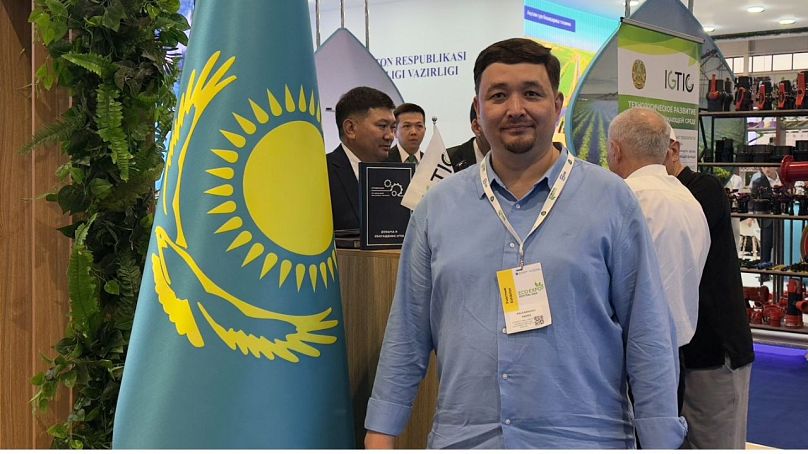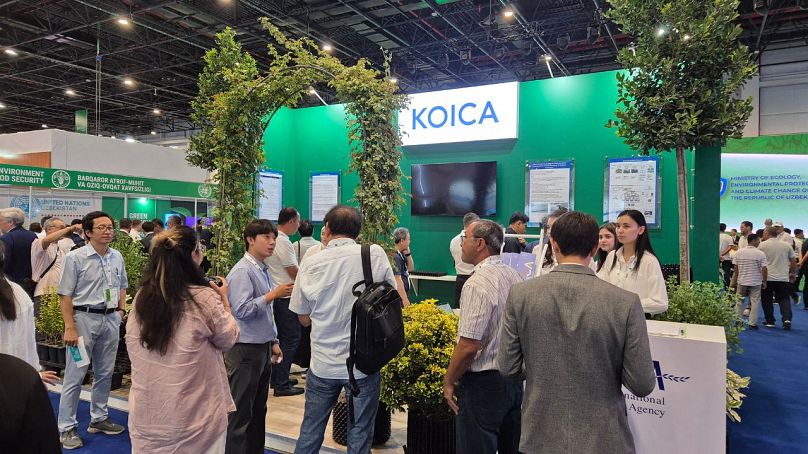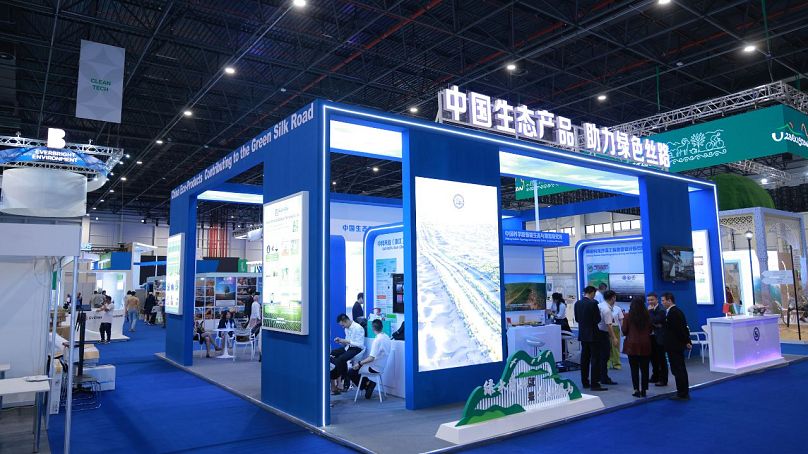As climate pressures mount, Eco Expo Central Asia highlighted a shift from pledges to partnerships, with countries across the region aligning on green action.
As Eco Expo Central Asia 2025 unfolded in the capital of Uzbekistan, the message was clear: Central Asia’s climate future depends on shared responsibility and joint solutions.
 ADVERTISEMENT
ADVERTISEMENT
 ADVERTISEMENT
ADVERTISEMENT
One of the loudest voices came from Kazakhstan’s Saken Kalkamanov, Head of the International Green Technologies and Investment Projects Centre. Calling for a unified green transition, Kalkamanov emphasised the urgency of regional action.
“A half-degree of warming in Central Asia brings devastating consequences,” he warned. “We must act together – now.”
Kazakhstan is already offering concrete tools: industrial modernisation manuals, a regional green economy bureau, and startup accelerators that have trained over 500 youth innovators.
Uzbekistan, among others, is already signalling support. But Kazakhstan’s vision didn’t stand alone.
South Korea brings greening expertise to the ground
Just across the exhibition space, a South Korean delegation offered a practical example of what regional cooperation can look like.
Through a KOICA-supported project, South Korea is working closely with the Forestry Agency of Uzbekistan to grow pistachio saplings in the Tashkent region. The seedlings are intended to support both reforestation and sustainable agriculture.
“We’re helping to build a system that improves biodiversity and supports livelihoods,” said Kim Jun Ki, a forestry researcher from South Korea. “This is how we contribute to climate resilience.”
South Korea’s approach focuses on forest-based solutions to reduce carbon emissions, improve soil and water quality, and generate a cooling microclimate. The project is also framed as a model of climate education, with South Korean experts offering hands-on training to local forestry officials.
“Greening is not just environmental – it’s social, economic, and long-term,” Kim added.
And the South Korean side sees Uzbekistan as an open and reliable partner.
“There’s strong cultural goodwill between our countries,” Kim noted. “We’re eager to expand into other sectors, including the environmental media space.”
China supports Uzbekistan’s water resilience
Meanwhile, Chinese companies are investing in infrastructure that supports both industry and climate adaptation.
Sandy Zhang, from Tianjin Worlds Valve Co., Ltd, outlined two major projects underway in the Bukhara region.
“We’re supplying large-diameter valves for two government-owned pump stations,” she said. “These are essential for modernising irrigation and managing water more efficiently in a changing climate.”
Although focused primarily on product supply, the company sees Uzbekistan as a long-term partner and is already considering opening a local office or forming joint ventures.
“The policy environment here is welcoming,” Zhang said. “We see real potential for growth, investment, and environmental cooperation.”
A regional story taking shape
From Kazakhstan’s leadership to South Korea’s greening projects and China’s industrial contributions, Eco Expo Central Asia 2025 revealed more than promises.
It highlighted how the region’s environmental future is already being shaped by policies, partnerships, and practical actions on the ground.
“This isn’t just about emissions,” Kalkamanov reminded attendees. “It’s about building a common future: cleaner, greener, and more resilient for all.”













